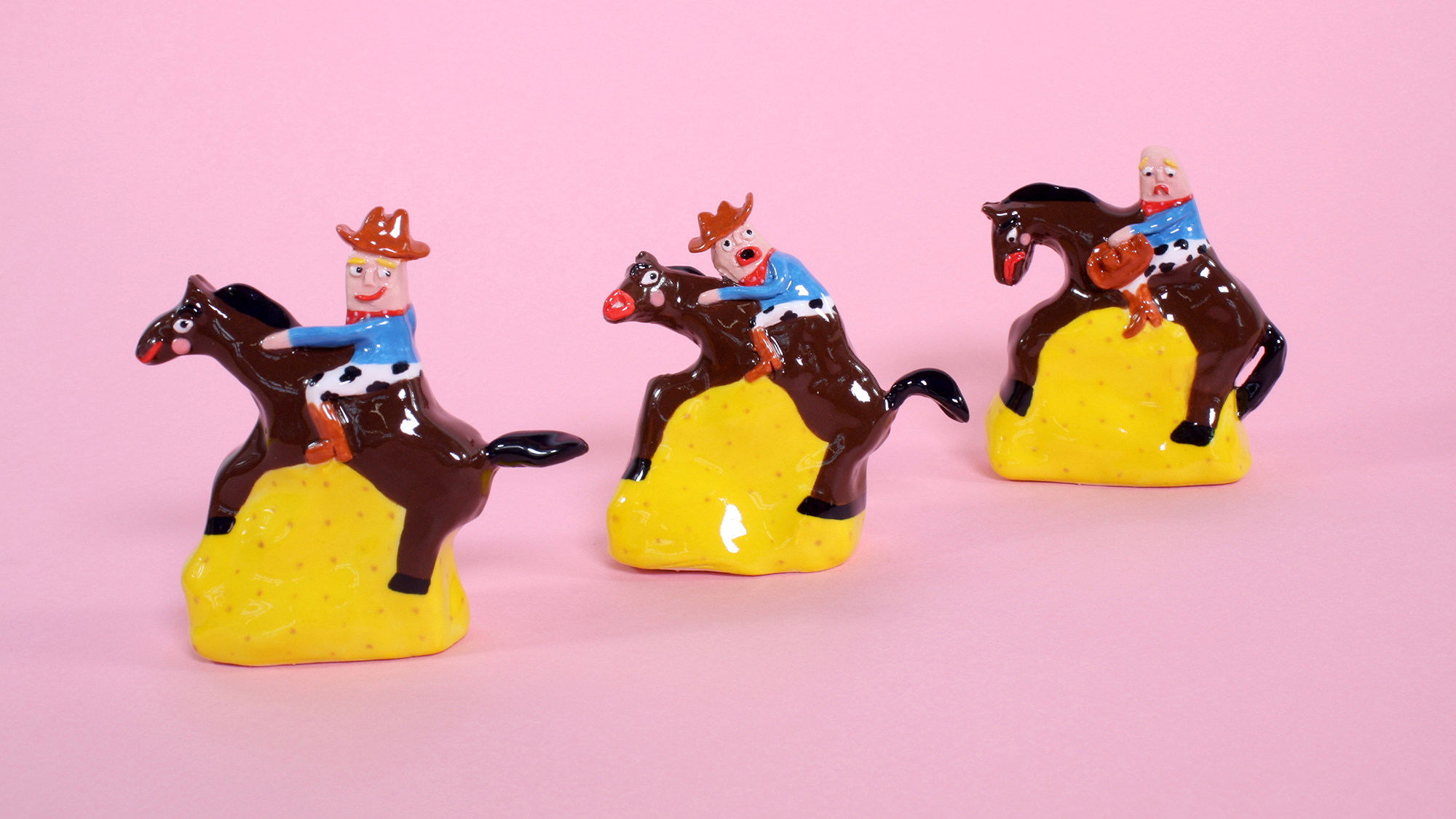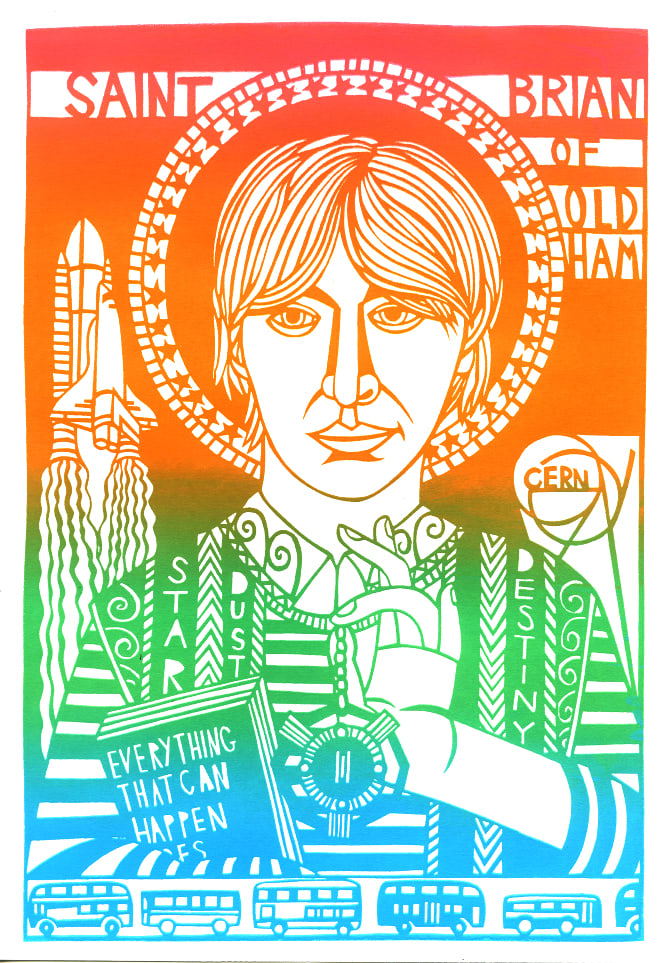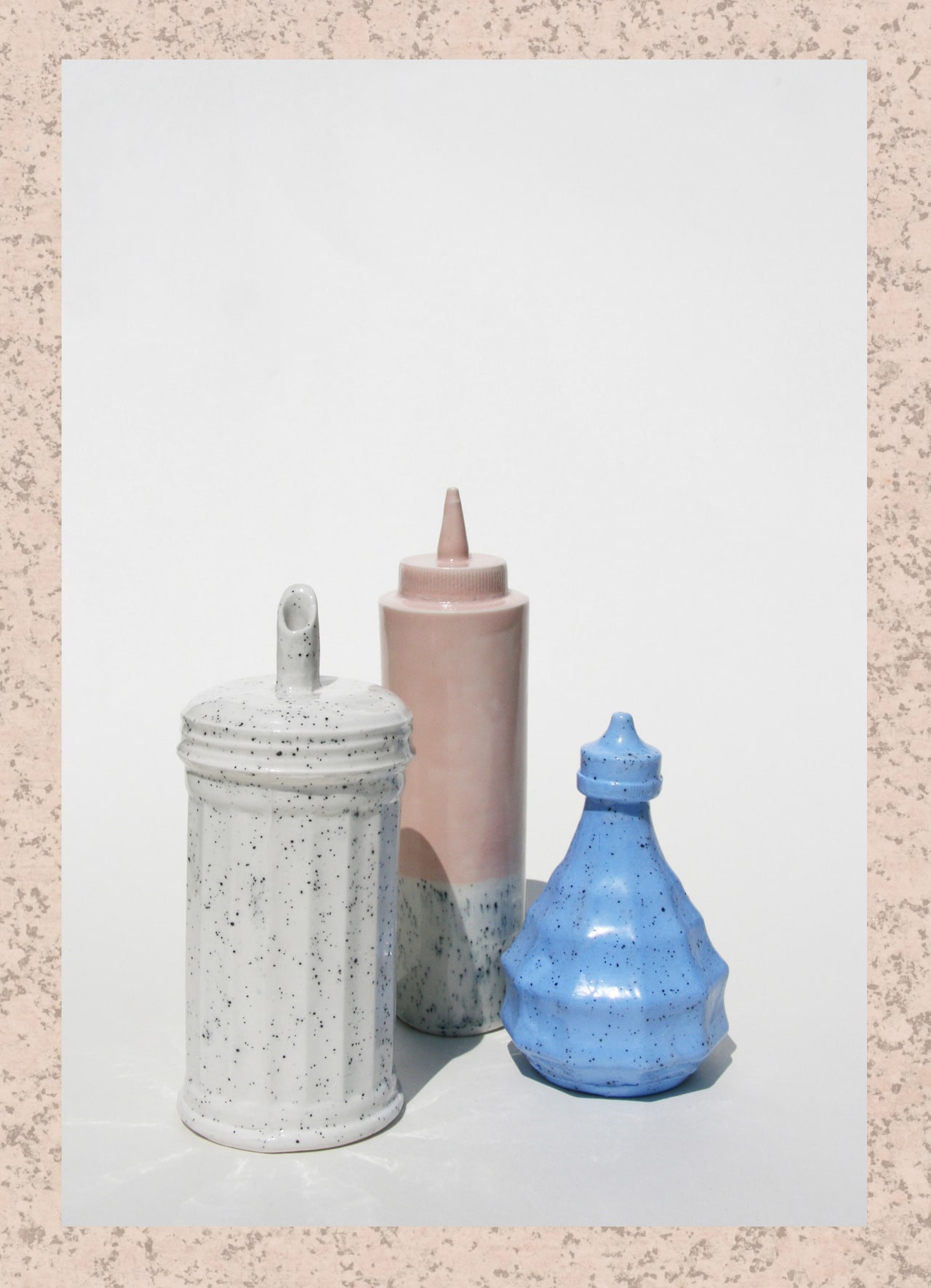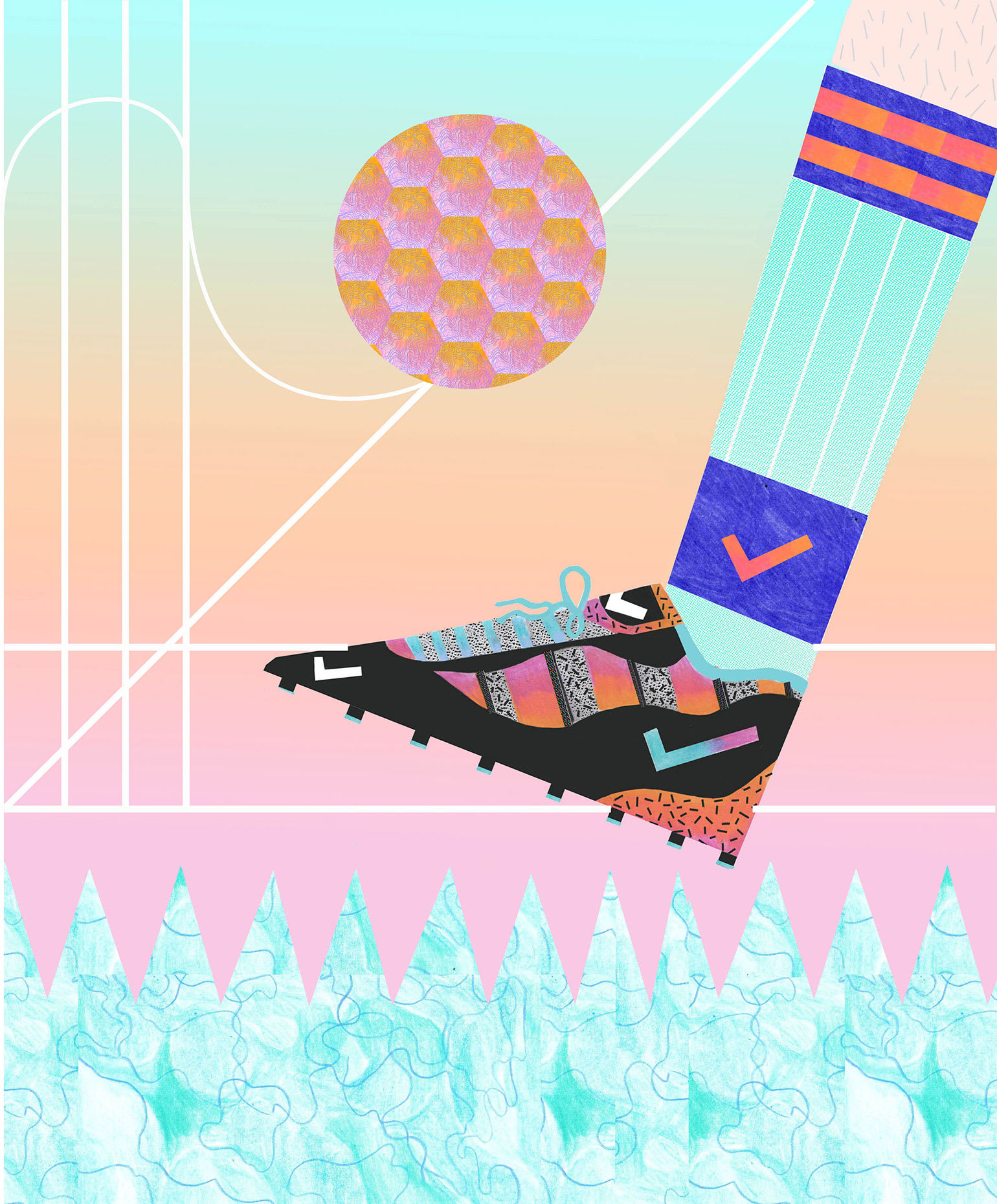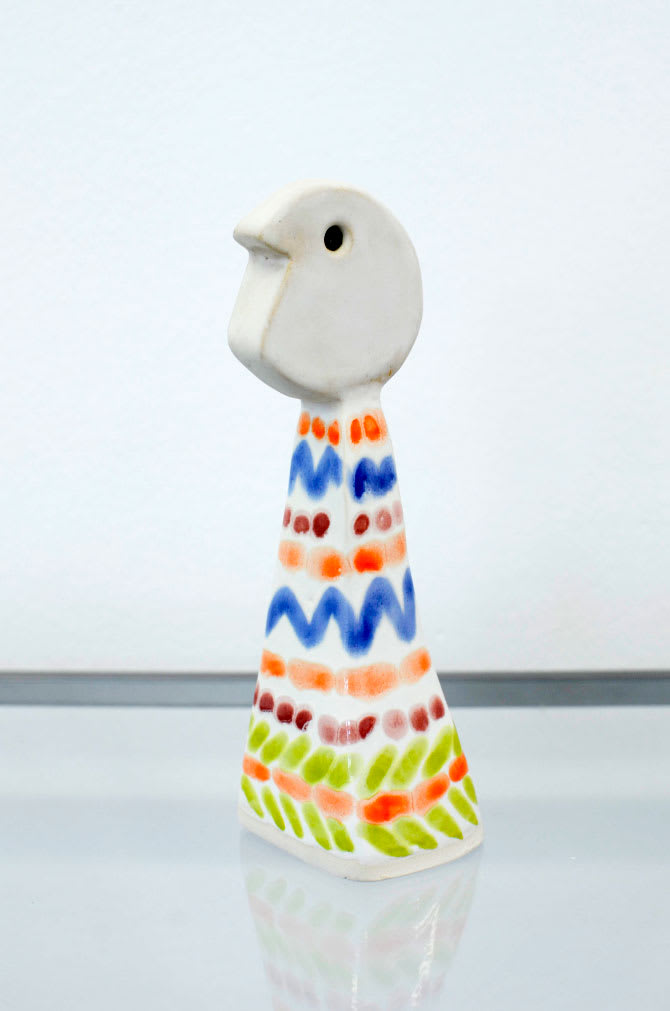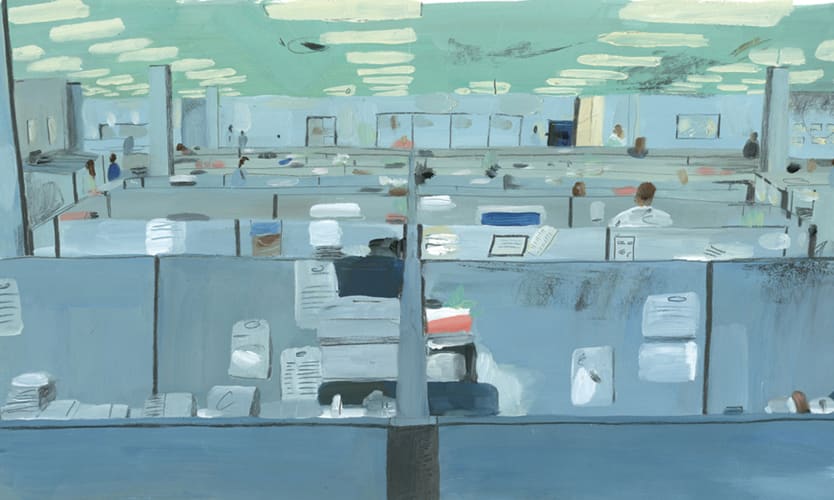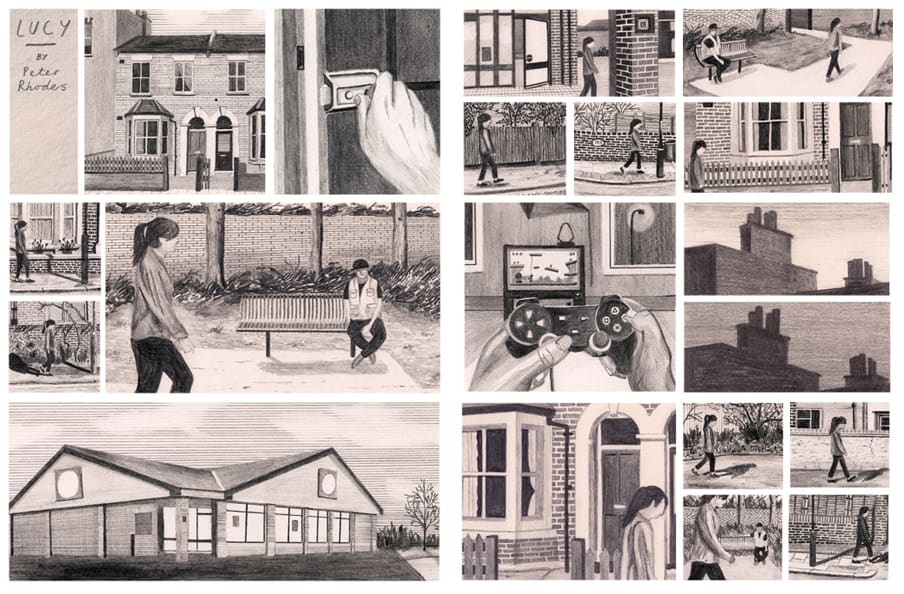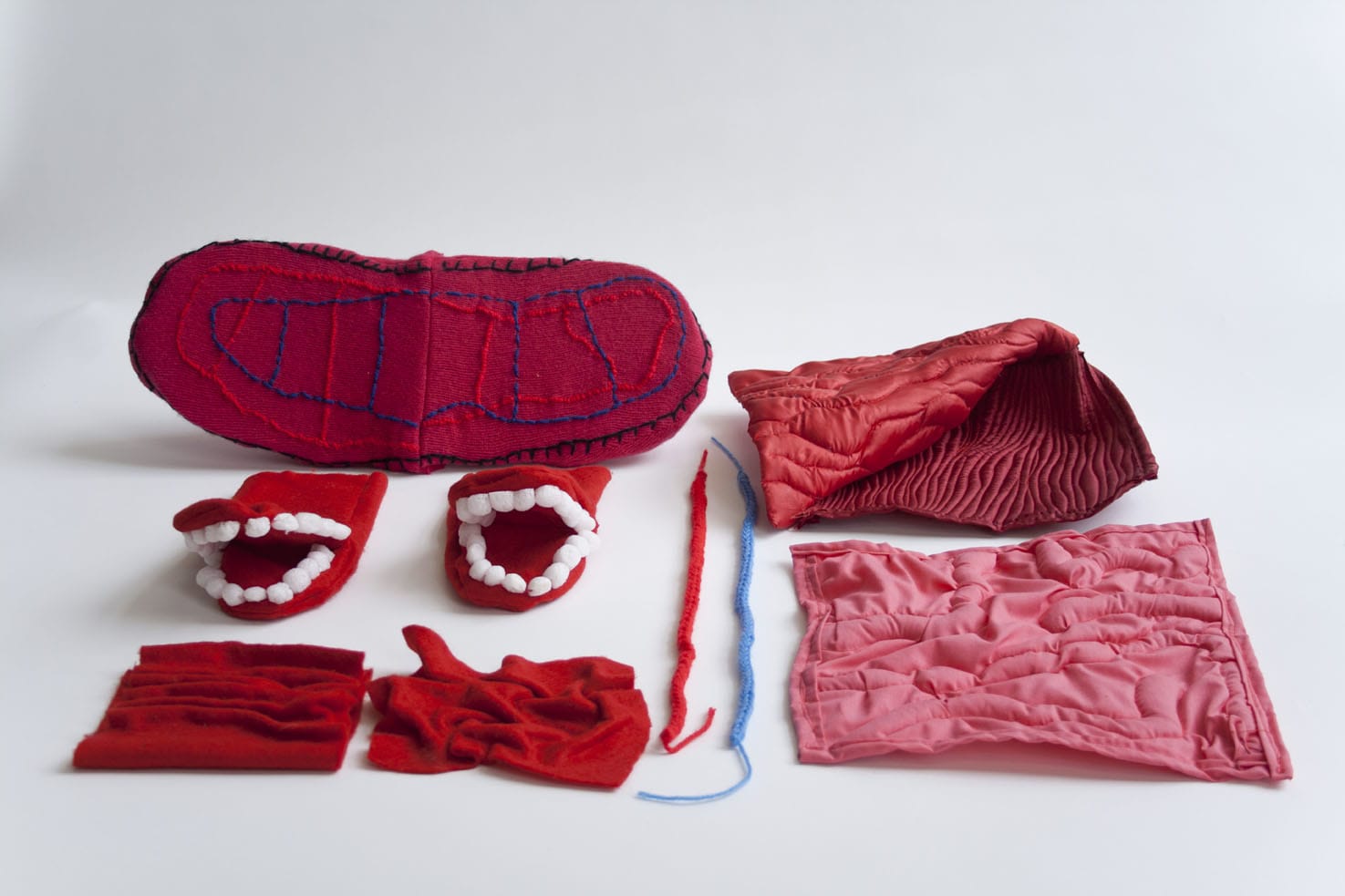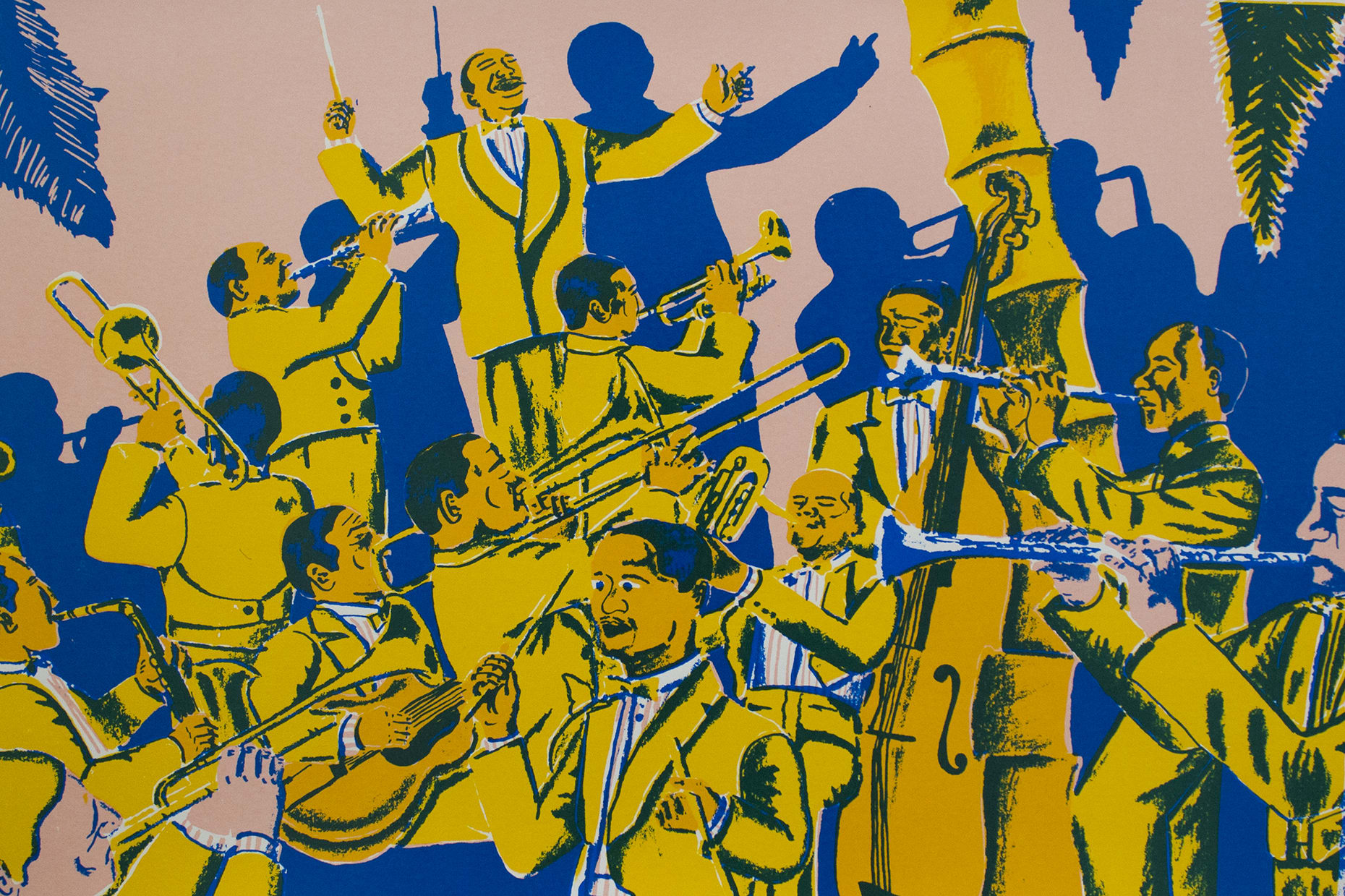Course units
Year 1
Unit 1: Introduction to Illustration
This unit is an introduction to your course, the field of illustration, the College and the University.
Unit 2: Curiosity and experimentation
During this unit you will develop an understanding of the key methods and knowledge that define the discipline of illustration. Offsite trips and fieldwork will be central to this unit. You’ll look at composition, colour, character development, tone and pace. Drawing will be used as a research tool to observe, analyse and describe. You’ll also explore making through 3D forms.
Unit 3: Informed practice
Through continued experimentation and production, you’ll continue to develop an understanding of the foundational methods, knowledge and practice of illustration. Lectures and discussions will explore the relationship between historical and contemporary critical debates within illustration. You’ll explore various methods of visual analysis aimed at developing your understanding and interpretation of images, which will help you develop an informed practice.
Unit 4: Authorship and voice
This unit focuses on building skills relating to authorship and your independent voice as an illustrator. Emphasis will be on experimentation and creative risk-taking in your practice. You’ll focus on the professional area, context and format of a self-authored project. You’ll consider the critical role of illustration and how it can be received by, and have an impact on, an audience.
Year 2
Unit 5: Collaborative and collective practices
You’ll be introduced to different ways in which collaborative working can help you to focus and enhance your own creative strengths. You’ll have the chance to work with fellow students and creative communities.
Unit 6: Fact and fiction
Throughout this unit you’ll continue to consolidate the practical methods and principles of illustration. You’ll work on fast-paced projects that may include making sequential imagery, bookworks, multiples or editorial. You’ll continue to investigate image and text relationships, through graphic design, materials, media and process. You'll explore how illustration can be used as a tool to communicate both fact and fiction.
Unit 7: Visual methods
This unit encourages you to continue to develop your skills, position and identity as an illustrator. You’ll take part in a series of workshops, seminars and discussions that will consider the relationships between image and sound. These will cover the ways in which image and sound communicate meaning and the effect of image and sound upon audiences. You’ll be asked to reflect on the impact and ethics of your work and to consider how audiences engage with it socially, culturally and politically.
Unit 8: Illustrators and communities
This unit will help you identify an audience and consider how to make your work visible and relevant to them in a real-world context. You’ll take part in a series of workshops, seminars, talks and discussions. These will help you identify a community, develop methods to learn more about their concerns and perspectives, and maintain an ethical practice that enables you to work sensitively with and in response.
Year 3
Unit 9: Professional futures
This unit aims to address the 3Es: employability, enterprise and entrepreneurship. You'll reflect on your learning and skills across the entirety of your study. You’ll have an opportunity to showcase your outcomes and intentions. You'll consider your next steps as you enter industry or continue with your education.
Unit 10: Critical practice
In this unit, you’ll identify a topic and investigate its context through diverse methods of research to develop a critical understanding. This will be supported through workshops, talks and tutorials. You’ll create a plan for your self-directed project to be carried out in unit 11.
Unit 11: Making in context
You’ll work on a self-directed project that brings together your conceptual and practical activity which will form part of your portfolio. As part of this work, you’ll consider audience and context. You’ll take part in workshops, group discussions, tutorials, events and shows.
Optional Diploma between Years 2 and 3
Between Years 2 and 3 of the course, you’ll also have the opportunity to undertake one of the following additional UAL qualifications:
Diploma in Professional Studies (DPS)
This optional diploma can be taken between years 2 and 3. With support from your tutors, you’ll undertake an industry placement for a minimum of 100 days/20 weeks. As well as developing industry skills, you’ll gain an additional qualification upon successful completion.
Diploma in Creative Computing
This optional diploma in Creative Computing. This will develop your skills in creative computing alongside your degree. After successfully completing the diploma and your undergraduate course, you’ll graduate with an enhanced degree: BA (Hons) Illustration (with Creative Computing).
Diploma in Apple Development
This optional diploma can be taken between years’ 2 and 3. Over the extra year you’ll become an Apple developer, undertaking a learning programme which includes content from Apple’s official 'Develop in Swift' curriculum. After successfully completing the diploma and your undergraduate degree, you’ll graduate with an enhanced degree: BA (Hons) Illustration (with Apple Development).
